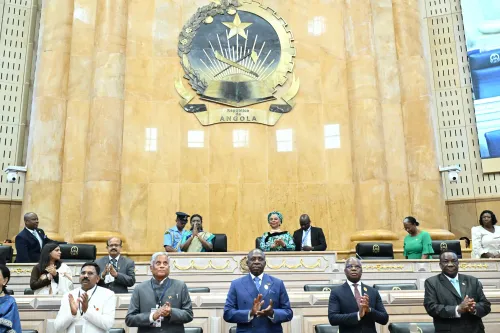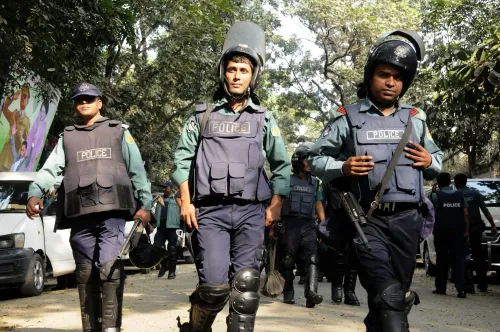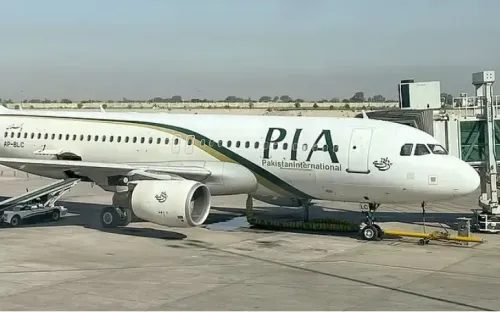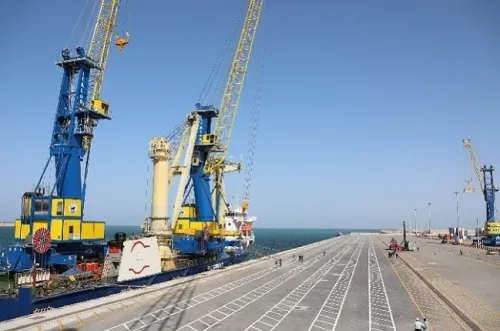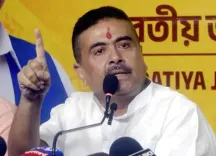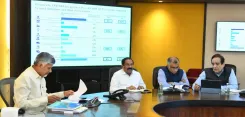Why Did Ecuador's President Extend the State of Emergency?
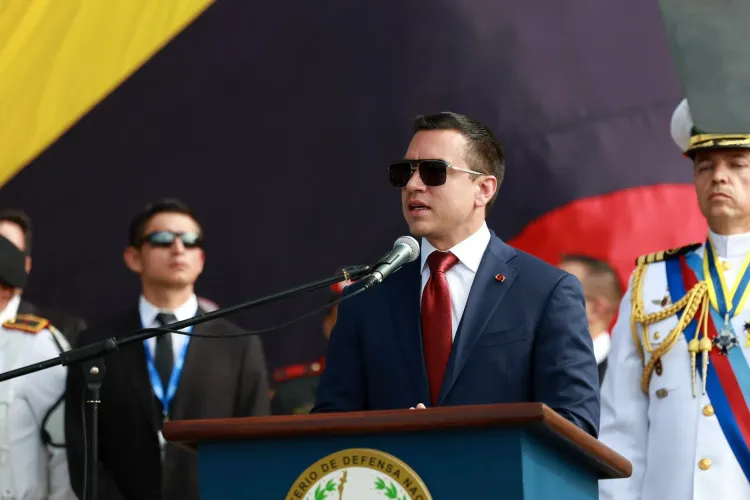
Synopsis
Key Takeaways
- State of emergency extended for 30 days.
- Implemented in seven provinces, including Quito.
- Focus on restoring public order and safety.
- Suspension of certain fundamental rights for citizens.
- Heightened violence linked to organized crime.
Quito, June 11 (NationPress) The President of Ecuador, Daniel Noboa, has prolonged the "state of emergency" in seven provinces and the nation's capital, Quito, for an additional 30 days due to "serious internal unrest" resulting from escalating violence, as stated by the government.
Noboa issued an executive decree highlighting that this action comes in response to the "internal armed conflict" that has emerged since security forces began their fight against organized crime in January 2024, according to reports from the Xinhua news agency.
The state of emergency, which has been active since April, encompasses the coastal provinces of Guayas, Los Rios, Manabi, El Oro, and Santa Elena, as well as the Amazon provinces of Orellana and Sucumbios, along with the Metropolitan District of Quito.
The executive decree emphasizes that the primary goal of the state of emergency is to ensure public order, social peace, and harmonious coexistence among citizens.
In his directive, Noboa has tasked the ministries of national defense and the interior, along with the Strategic Intelligence Center, to execute the decree in collaboration with all pertinent agencies and institutions.
He also mandated that citizens be informed of the suspension of fundamental rights, including the inviolability of their homes and correspondence, as well as their freedom of movement.
The president remarked that while the government has undertaken all necessary measures to secure citizen safety, the "surge in violence" necessitates extraordinary and temporary actions such as this state of emergency.
According to reports from the Joint Command of the Armed Forces, Noboa noted that armed factions involved in the internal conflict have manifested a "critical intensity of violence", significantly disrupting public order and instilling fear among the populace.
He emphasized that while operations are underway to combat these threats, substantial amounts of drugs, weapons, ammunition, and high-caliber explosives continue to be discovered in the possession of organized armed groups, which are reportedly collaborating with various security networks utilizing advanced technology.

